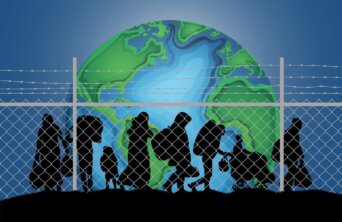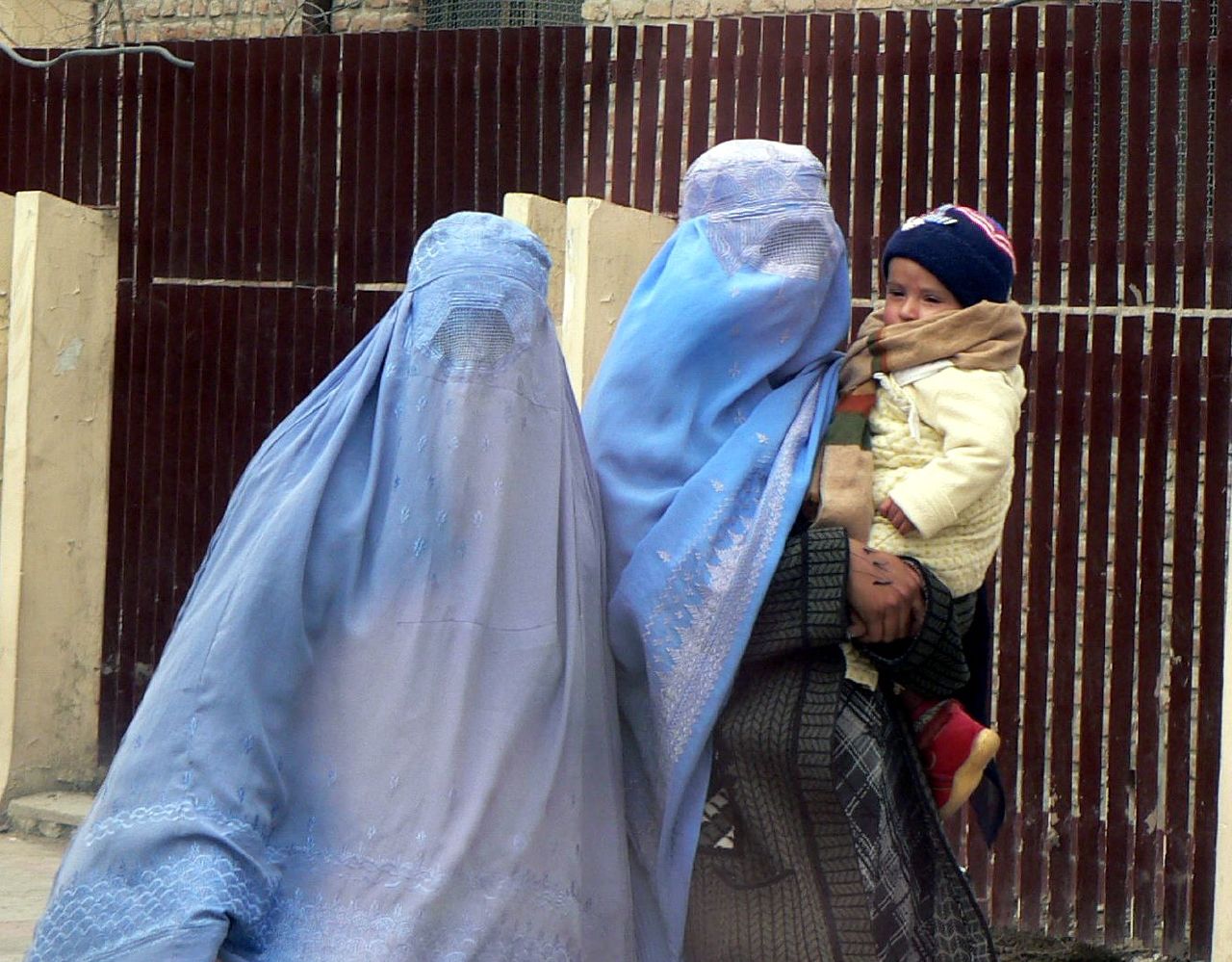- About
- Topics
- Picks
- Audio
- Story
- In-Depth
- Opinion
- News
- Donate
- Signup for our newsletterOur Editors' Best Picks.Send
Read, Debate: Engage.
| topic: | Human Rights |
|---|---|
| located: | Afghanistan |
| editor: | Shadi Khan Saif |
The brewing Afghan refugee dilemma in the wake of a surge in deportation from regional countries, particularly Pakistan, Iran and Turkey, is going to aggravate the humanitarian crisis.
As the harsh winter comes to an end in the northern hemisphere, desperate Afghans fleeing war, famine-like situations and persecution by the hardline are reported to be heading out of the war-ravaged country.
According to the latest UN estimates, over 7.7 million Afghans of various statuses live in Iran, Pakistan, Tajikistan, and Uzbekistan alone. No official refugee arrivals were recorded in Turkmenistan. According to an estimate, millions more Afghans are internally displaced in their own devastated country.
Last year, following a decree by the government of Pakistan, over half a million Afghans of various statuses living in Pakistan were forced to return to Afghanistan. Now, reports of arrests, persecution and forced deportation of refugees are emerging from Turkey and Iran.
A similar situation was at the western border of Afghanistan, where Iran deported hundreds of thousands of refugees back to the country plagued with crises.
As a gateway to Europe for the Afghan refugees, Turkey has done the same over the past many years through its harsh border policing and forced repatriation of the refugees.
Seeking asylum and refugee is a human right. The grim reality is that many countries in the region are either not signatories or do not comply with the 1951 refugee convention, which could make them legally obliged to offer protection to the refugees fleeing war and persecution. These countries' ratification of and adherence to the Refugee Convention would help resolve this crisis immensely.
After the fall of Kabul to the Taliban back in August 2021 and the collapse of the democracy, the Western countries that had been engaged there for 20 years evacuated most of their diplomatic staff and seized various development and humanitarian projects.
Rights groups are critical of the developed world for abandoning Afghanistan, which has led to deteriorating living conditions and, hence, the ensuing refugee crisis.
The fear of persecution remains the top reason for most of the refugees who demand political settlement of the Afghan situation where a de facto government of the Taliban has been ruling for nearly three years with no official recognition by any country in the world.
The broader international community could reduce the number of people fleeing Afghanistan by intervening to make the country a more tolerable place and enacting measures to improve Afghanistan's safety and economic environment.
Until then, humanitarian missions and projects by various UN agencies, providing crucial aid to people in need in Afghanistan under the harsh Taliban regime, have helped alleviate the refugee crisis.
Image by Rosy/Bad Homburg/Germany.

